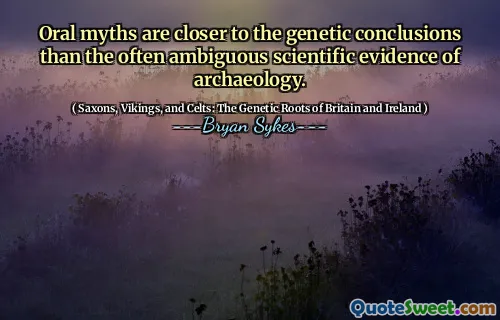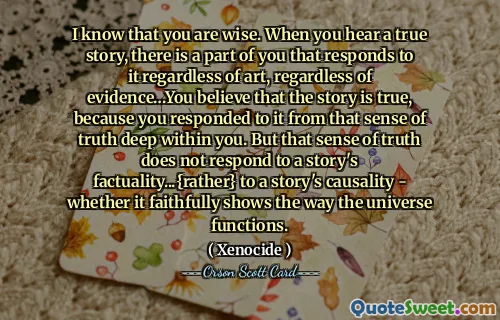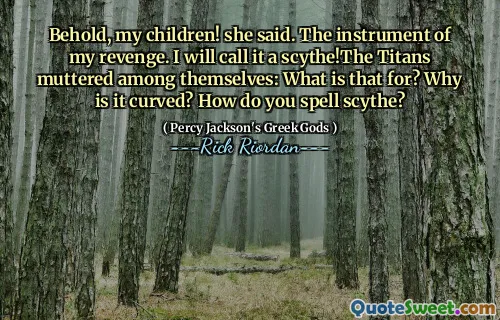In our time... a man whose enemies are faceless bureaucrats almost never wins. It is our equivalent to the anger of the gods in ancient times. But those gods you must understand were far more imaginative than our tiny bureaucrats. They spoke from mountaintops not from tiny airless offices. They rode clouds. They were possessed of passion. They had voices and names. Six thousand years of civilization have brought us to this.
The quote reflects on the struggles of an individual against the modern bureaucratic system, which often seems impersonal and faceless. The author, Chaim Potok, draws a parallel between the wrath of ancient gods and the frustrations faced by people today, suggesting that the lack of character and imagination in bureaucrats diminishes the human experience. Unlike the gods of yore, whose presence was grand and passionate, today's challenges come from sterile environments devoid of inspiration and emotional connection.
This comparison highlights how civilization has evolved yet retained its conflicts, suggesting that the struggle against faceless authorities can feel as daunting as the battles fought against mythical deities. In a world where powerlessness often prevails, Potok implies that individuals are left yearning for something greater, perhaps a return to the vividness and drama of ancient times, where struggles had tangible, powerful forces to confront rather than the blandness of modern governance.



